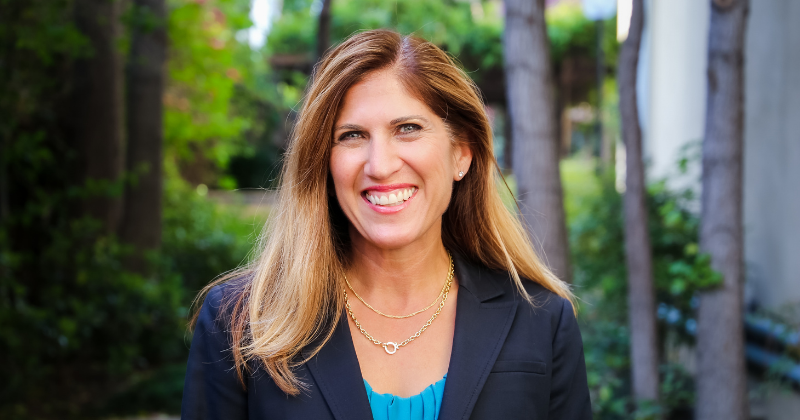Julie K. Waterstone
Vice Dean for Experiential Education and External Engagement | Clinical Professor of Law

B.A., with honors, Law and Society, University of California, Santa Barbara, 1995
J.D., Northwestern University, 2000
Member, California and Mississippi State Bars
Julie Waterstone’s passion for representing children began as a law student when she was working with children in the delinquency system through the Children and Family Justice Center of Northwestern's Bluhm Legal Clinic. Through her clinical experience, she represented youth in delinquency proceedings, participated in community outreach efforts and also served as a student instructor in the Street Law program.
After graduation, Dean Waterstone returned to her native Southern California and spent the next three years working as a civil litigator at Milbank, Tweed, Hadley & McCloy in Los Angeles to hone her litigation skills. But it was her pro bono work during that time that brought her the most satisfaction. With a desire to pursue public interest law full time, she accepted a position with the Civil Legal Clinic at the University of Mississippi School of Law. There, as a clinical professor, she created and developed the Child Advocacy Clinic, supervised students and taught the accompanying clinic seminar. Three years later, she once again returned to Los Angeles where she joined Public Counsel as a staff attorney, litigating special education cases and training lawyers and law students as pro bono special education advocates.
"I take such pride in watching my students make their first argument or appearance as a student lawyer. It is even more rewarding to see their sense of accomplishment as they realize that they have the tools necessary to be a good lawyer."
In Fall 2007, Dean Waterstone was appointed to the Southwestern faculty to establish and direct the law school's then-new Children's Rights Clinic, and she was named Associate Dean for Experiential Learning in 2014. She works closely with students to hone their lawyering skills in the context of live-client representation as they represent youth in special education and school discipline cases. Through their representation, the law students gain experience in interviewing, counseling, negotiating, researching, writing, oral advocacy and trial practice. In addition to the practical experience, she wants the program to ignite in students the same fire for public interest law and pro bono work that prompted her to get into the field.